
It Is Not the Brazilian Homosexuals Who Are Perverse, But the Situation in Which They Live (2021)
Two queer Brazilians go skinny dipping in a lake where they talk about love, sex, colonialism and migration, on a pandemic summer afternoon in Berlin.

Two queer Brazilians go skinny dipping in a lake where they talk about love, sex, colonialism and migration, on a pandemic summer afternoon in Berlin.

In this sequel to Dawn: Portrait of a Teenage Runaway, Alexander's story is told in both the past and the present. Alexander's parents send him away from home for being too sensitive and not helping enough on their farm. He goes to Los Angeles in hopes of going to art school, but when he can't find a job as a minor, he turns to prostitution. After being arrested, he wants to head to Arizona to marry Dawn, but he falls into a lucrative job/relationship with a gay football star.
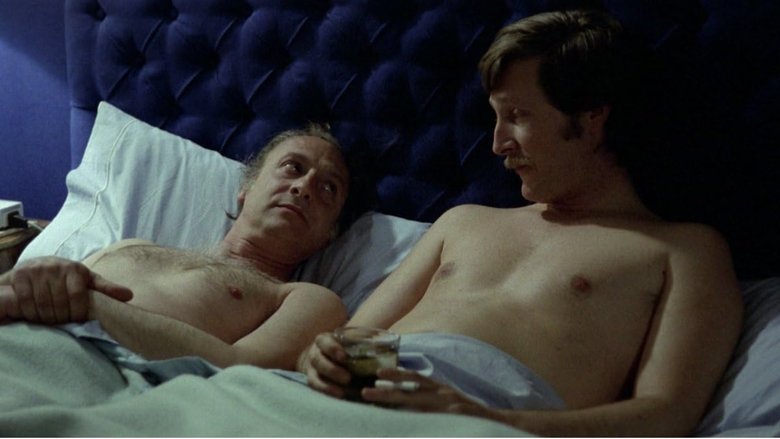
José, a fifty-year-old homosexual magician, feels the need to return to Granada, the place where he spent his childhood, perhaps to embrace the painful memory of tragic experiences, perhaps to bury it definitively.
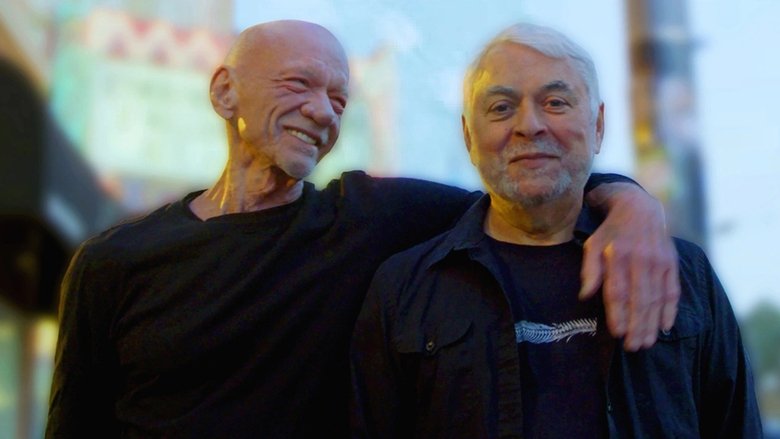
Art Johnston and Pepe Peña are civil rights leaders whose life and love is a force behind LGBTQ+ equality in the heart of the country. Their iconic gay bar, Sidetrack, has helped fuel movements and create community for decades in Chicago's queer enclave. But, behind the business and their historic activism exists a love unlike any other.
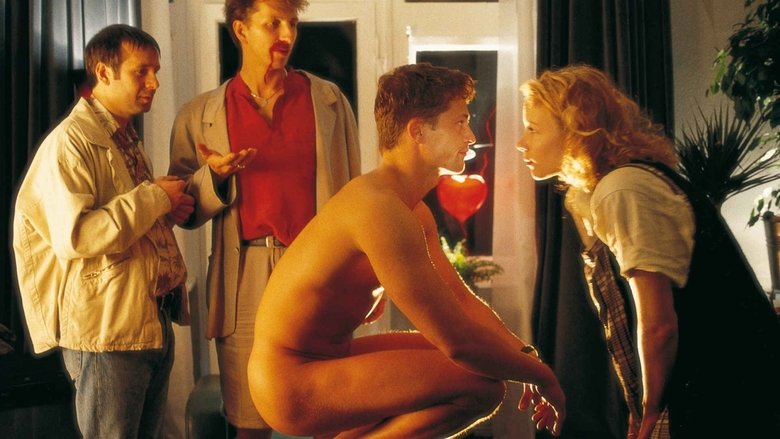
The heterosexual man Axel is thrown out of his girlfriends home for cheating and ends up moving in with a gay man. Axel learns the advantages of living with gay men even though they are attracted to him and when his girlfriend wants him back he must make a tough decision.
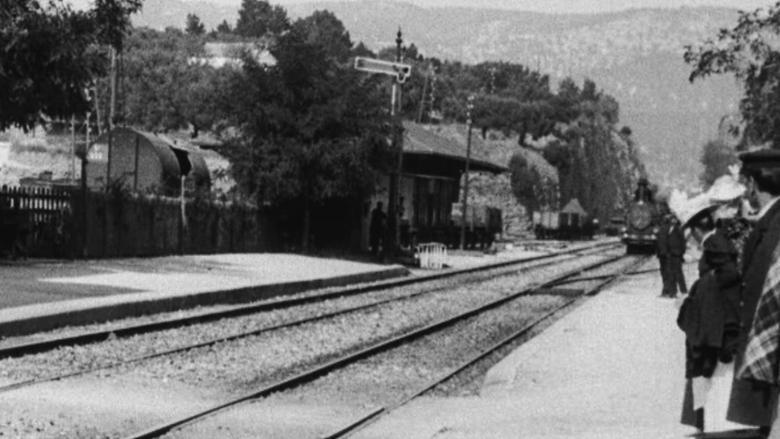
A group of people are standing along the platform of a railway station in La Ciotat, waiting for a train. One is seen coming, at some distance, and eventually stops at the platform. Doors of the railway-cars open and attendants help passengers off and on. Popular legend has it that, when this film was shown, the first-night audience fled the café in terror, fearing being run over by the "approaching" train. This legend has since been identified as promotional embellishment, though there is evidence to suggest that people were astounded at the capabilities of the Lumières' cinématographe.
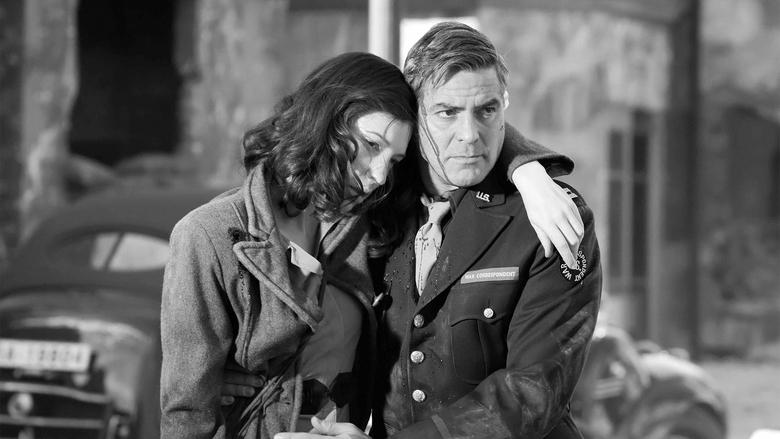
An American journalist arrives in Berlin just after the end of World War Two. He becomes involved in a murder mystery surrounding a dead GI who washes up at a lakeside mansion during the Potsdam negotiations between the Allied powers. Soon his investigation connects with his search for his married pre-war German lover.
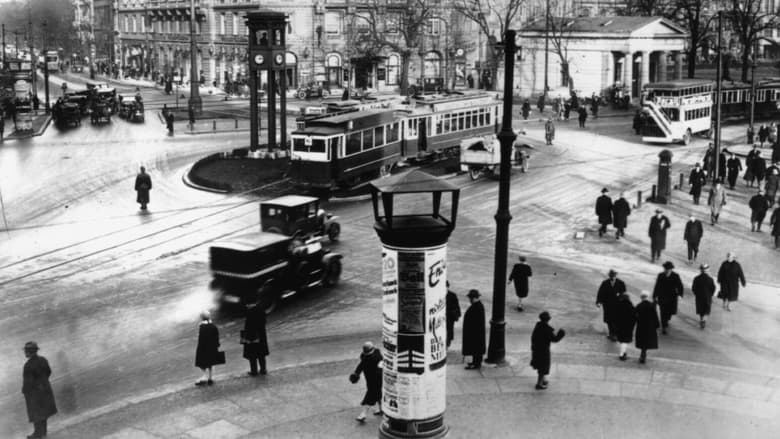
A day in the city of Berlin, which experienced an industrial boom in the 1920s, and still provides an insight into the living and working conditions at that time. Germany had just recovered a little from the worst consequences of the First World War, the great economic crisis was still a few years away and Hitler was not yet an issue at the time.
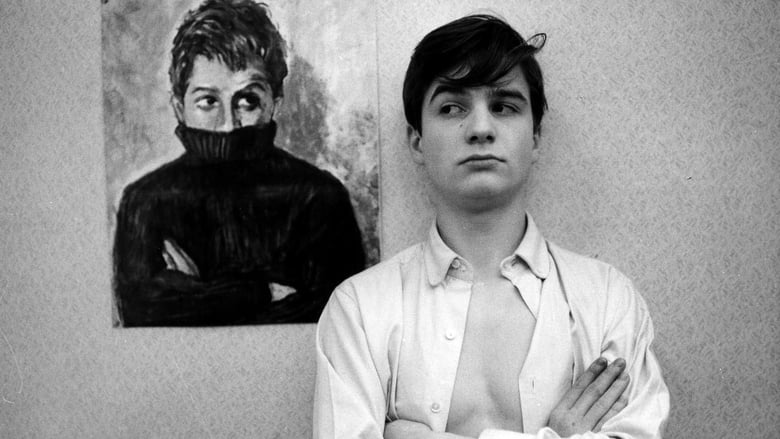
Now aged 17, Antoine Doinel works in a factory which makes records. At a music concert, he meets a girl his own age, Colette, and falls in love with her. Later, Antoine goes to extraordinary lengths to please his new girlfriend and her parents, but Colette still only regards him as a casual friend. First segment of “Love at Twenty” (1962).
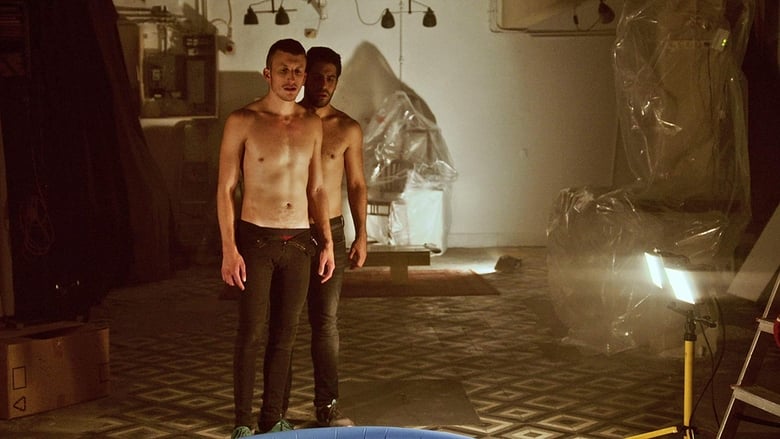
When darkness falls, temperatures rise in these six stories about late night confessions, intimacy for sale, high speed hookups and full moon frissons. But when the sun comes up and reality reveals itself, will it have all been worth it? The short films are: Thirst (2018); According to Mateo [Según Mateo] (2017); Hardcore (2016); Beast [Séptimo] (2011); Petit Ami (2017); Skai Blue (2017).
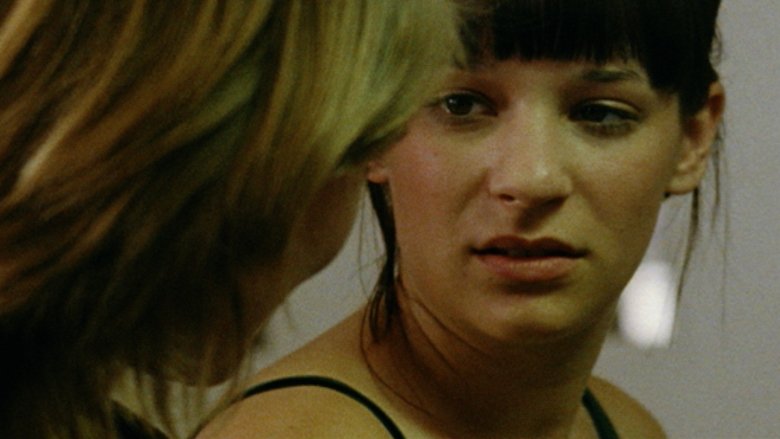
Anna and Marie are two women who could possibly love each other. Marie wants to be open to this new overwhelming feeling, even if she has to throw away all that she has ever held to be right. Anna on the other hand, enjoys the attention from this gentle soft girl Marie, who seems to love her, not in spite of but also because of her sharp edges. It could all be so easy if it weren't for Zoe, the woman who has been at Anna's side for years.
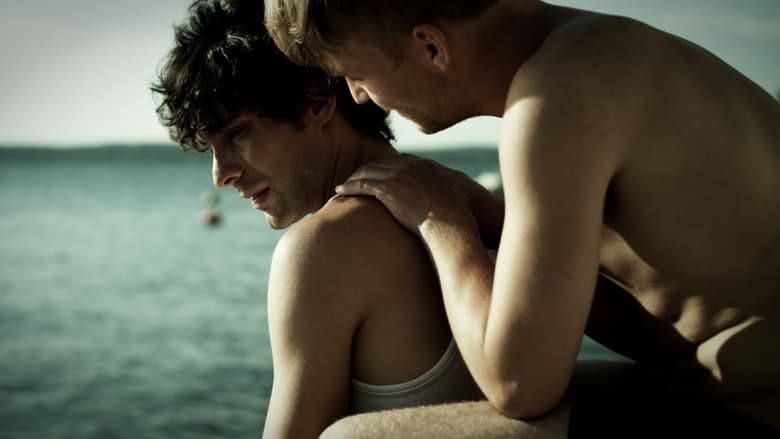
Vincent has a secret that forces him to stay away from the people he loves. But when he meets Gustav, love strikes Vincent. As their love grows, so does his fear of letting his secret destroy his new lover.

A man confronts his past during an experiment that attempts to find a solution to the problems of a post-apocalyptic world caused by a world war.
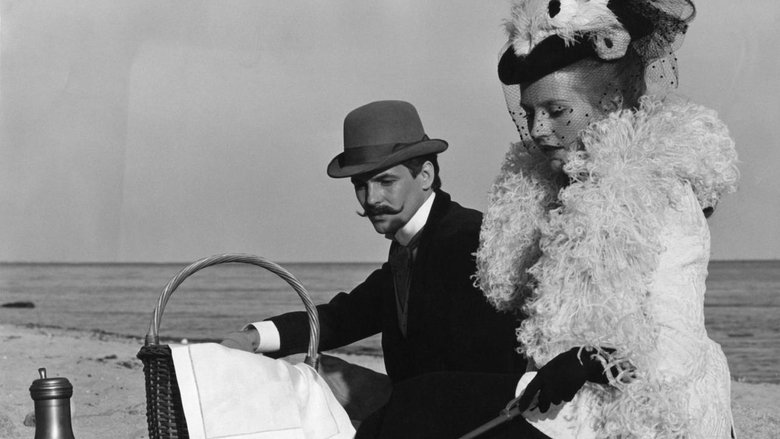
When 17-year-old Effi Briest marries the elderly Baron von Instetten, she moves to a small, isolated Baltic town and a house that she fears is haunted. Starved for companionship, Effi begins a friendship with Major Crampas, a charismatic womanizer.
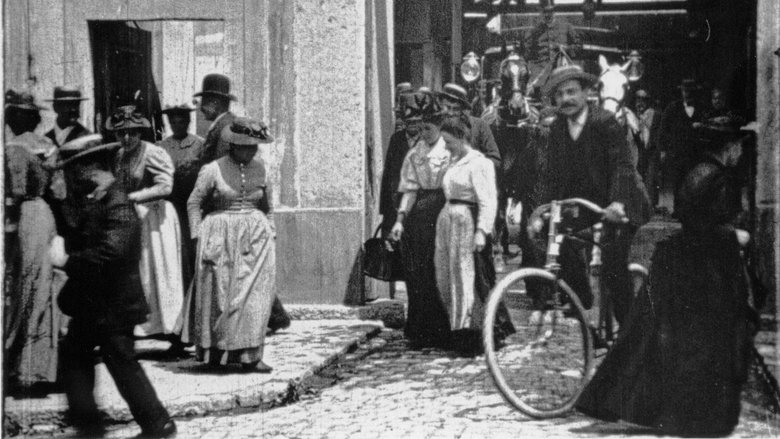
Working men and women leave through the main gate of the Lumière factory in Lyon, France. Filmed on 22 March 1895, it is often referred to as the first real motion picture ever made, although Louis Le Prince's 1888 Roundhay Garden Scene pre-dated it by seven years. Three separate versions of this film exist, which differ from one another in numerous ways. The first version features a carriage drawn by one horse, while in the second version the carriage is drawn by two horses, and there is no carriage at all in the third version. The clothing style is also different between the three versions, demonstrating the different seasons in which each was filmed. This film was made in the 35 mm format with an aspect ratio of 1.33:1, and at a speed of 16 frames per second. At that rate, the 17 meters of film length provided a duration of 46 seconds, holding a total of 800 frames.
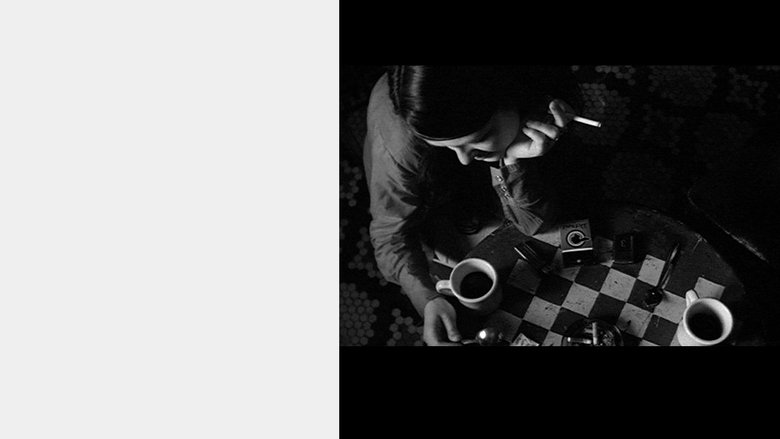
Coffee And Cigarettes is a collection of eleven films from cult director Jim Jarmusch. Each film hosts star studded cast of extremely unique individuals who all share the common activities of conversing while drinking coffee and smoking cigarettes.
Der Stolz der Firma, meaning The Pride of the Business, is a classic German silent film from 1914. The film tells the story of a shrewd apprentice and is filmed in the comical style of director Lubitsch. This is one of the few Lubitsch films from World War I that wasn’t lost.
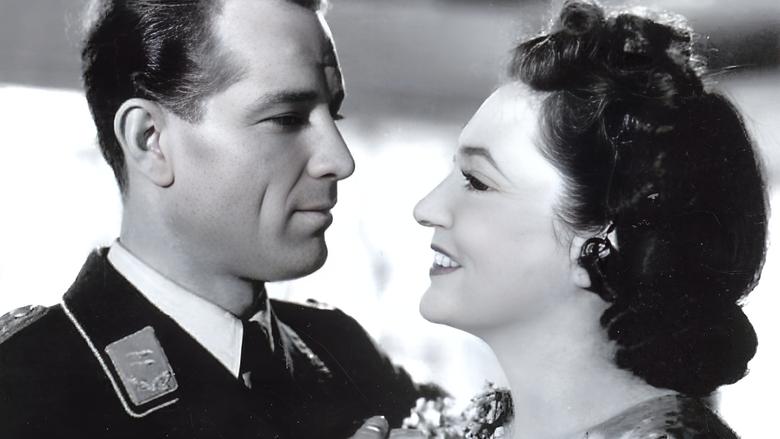
The attractive Oberleutnant Paul Wendlandt is stationed in North Africa as a fighter pilot. While in Berlin to deliver a report he is given a day's leave, and on the stage of the cabaret theatre "Skala" sees the popular Danish singer Hanna Holberg. For Paul it is love at first sight. When Hanna visits friends after the end of the performance, he follows her, and speaks to her in the U-Bahn. After the party in her friends' flat, he accompanies her home and chance throws them further together when an air raid warning forces them to take cover in the air raid shelter. Hanna reciprocates Paul's feelings, but after a night spent together Paul has to return immediately to the front. There now follows a whole series of misunderstandings, and one missed opportunity after another. While Hanna waits in vain for some sign of life from Paul, he is flying on missions in North Africa. When he tries to visit her in her Berlin flat, she is giving a Christmas concert in Paris.
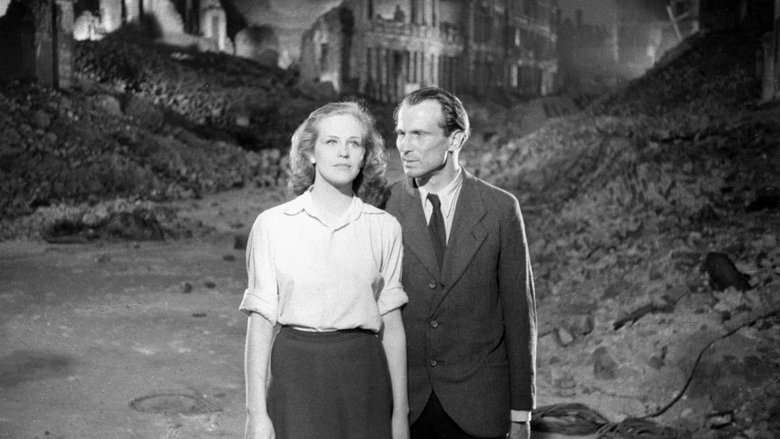
After returning from a concentration camp, Susanne finds an ex-soldier living in her apartment. Together the two try to move past their experiences during WWII.
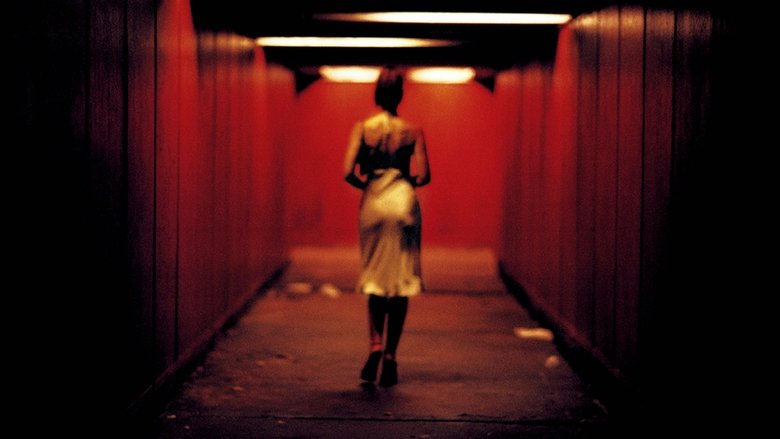
A woman’s lover and her ex-boyfriend take justice into their own hands after she becomes the victim of a rapist. Because some acts can’t be undone. Because man is an animal. Because the desire for vengeance is a natural impulse. Because most crimes remain unpunished.
Karen is resigned to a life of suburban ennui, the dreams of her youth a distant memory. On an autumn afternoon as she struggles to get her baby to sleep she is disturbed by a door-to-door Salesman. Desperate for adult companionship she engages with the enigmatic Salesman. He claims that he can sell her something that will radically change her life; he offers Karen, an opportunity to fulfill her long forgotten dreams and ambitions.